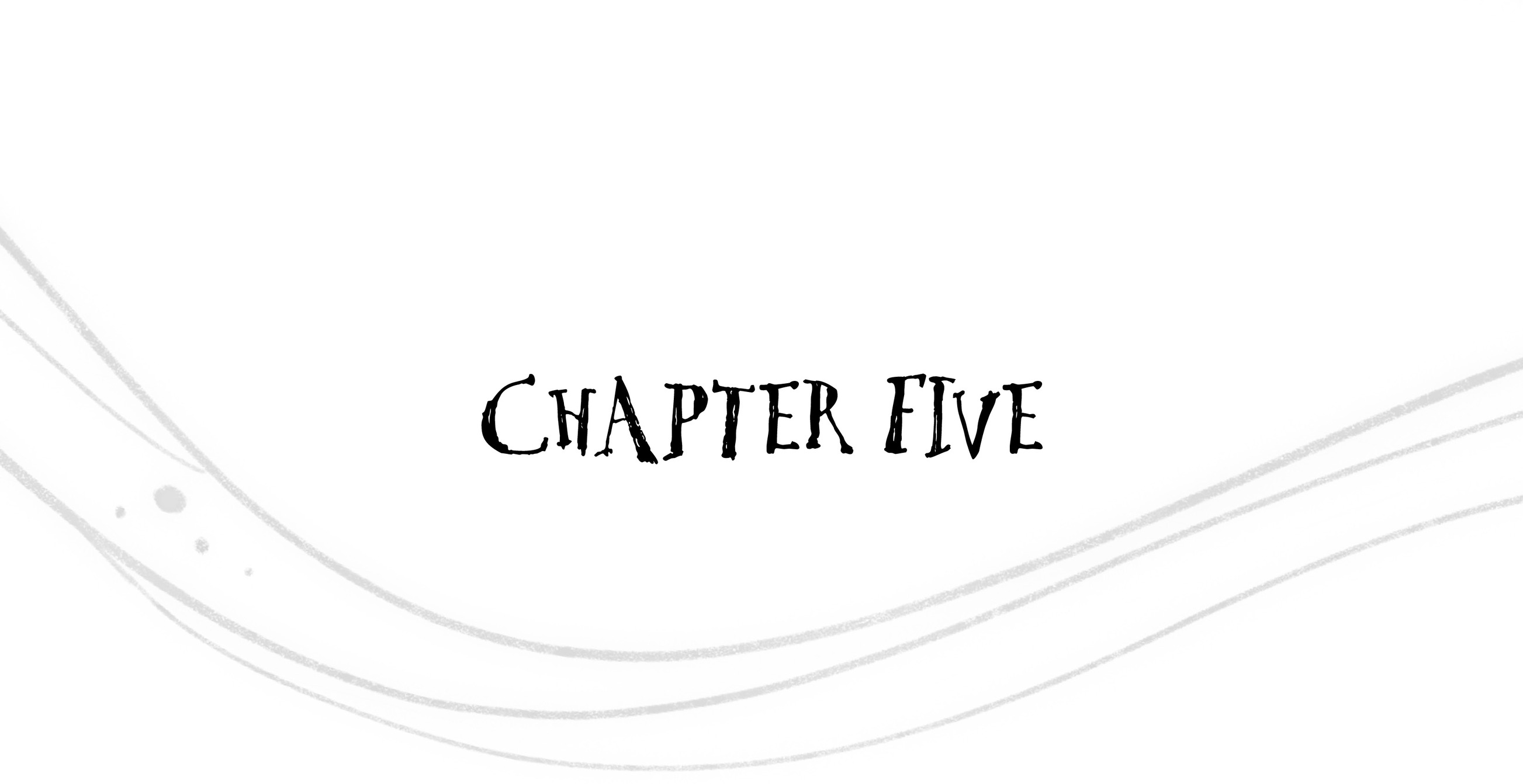That second day on the boat Josie played games on her phone, or made notes in her journal for her DDF speech. Nicky’s father read his guitar magazines and kept returning to the cafeteria to fill up his scarred metal mug with coffee. Nicky stood on deck, her sleeping bag draped over her shoulders, watching as the mountains grew larger, the trees thicker, and the towns along the coast smaller.
The trees, rather than appearing as individuals, like the beeches or maples or oaks on Uncle Max’s farm, rolled out in great carpets over the hills. The ocean detonated in white fireworks against the rocks ringing the smaller islands. Nicky squinted north, loving how the salt wind polished her cheeks, stretched out her lungs, and roughened her curls. She only went into the ferry occasionally, for a soup, which she filled at the hot water spigot in the cafeteria, or for a fresh bag of tea. Both she and Josie had started drinking black tea, which their mother had never let them do. She poured in packet after packet of honey, mixing in creamers until she had a small pile of the canisters in front of her. Then back outside, leaning against the railing, sipping the warm liquid, watching the landscape pass.
That second evening, Josie announced she was done with the tent.
“Good luck, homesteaders,” she said. “I’m making my own claim.”
In the ferry’s movie room, she built a nest out of blankets and her sleeping bag beneath one of the Pullman chairs. Nicky stopped by to see her before bed.
“I’m fine,” Josie insisted, her headlamp illuminating her book. “The sun just wakes me up too early.”
“Are you drinking coffee?” Nicky asked, smelling the grounds, a scent she associated with her mother.
Josie continued to write in her journal.
When Nicky climbed the stairs to the top deck, it was still light outside. Her father wasn’t in the tent. A current of panic moved through her. Maybe he had also given up on sleeping outside.
She returned downstairs to the movie room to check with Josie. “Who knows. Maybe he went overboard,” she murmured, making a note in her book. The white light flashed in Nicky’s eyes. “He’s probably playing guitar somewhere.”
Nicky returned upstairs. From across the deck she heard the whine of his brass slide, followed by the pluck of a mandolin. Nicky’s father slouched in a white plastic chair, his baseball cap pulled low over his eyes, while the man who called her “sailor” stretched out in one of the deck chairs, picking away at the mandolin on his chest.
Nicky stood and listened as the notes carried over the wind. The raindrop sound of the mandolin worked into the tinny drawl of the slide and the deep thrum of the bass notes from her father’s resonator guitar.
You know that people are driftin’ from door to door,
Can’t find no heaven, I don’t care where they go….
The brass slide on her father’s pinkie finger sparkled in the setting sun. One sad note after another lifted into the night air, while the mandolin, gleaming beneath the glow of the heat lamps, played over top.
Hard time is here everywhere you go.
Time is harder, than ever been before.
In that moment Nicky knew, as clearly as if her mother had whispered it in her ear, that they were traveling north to begin a life none of them could begin to imagine.
